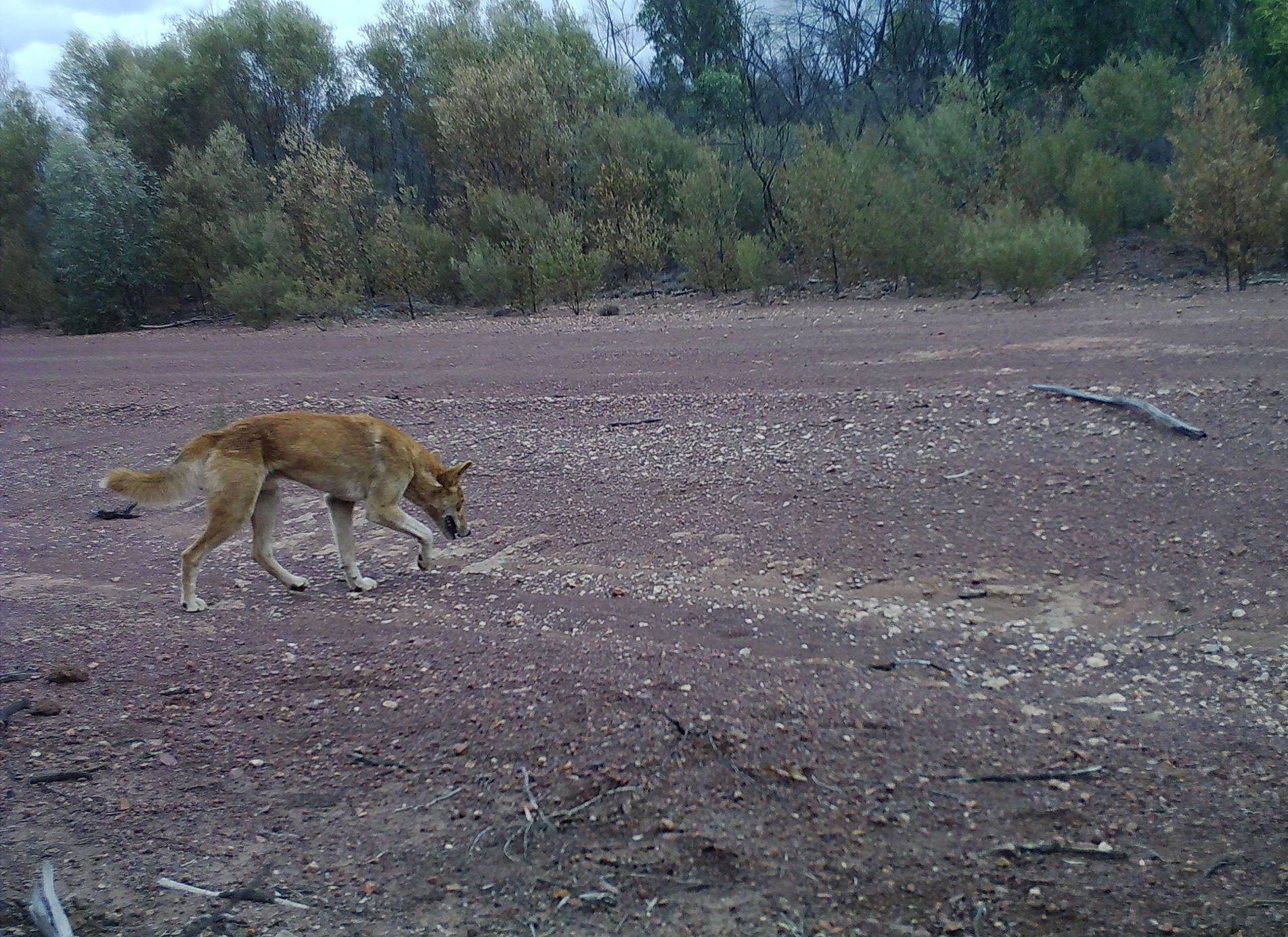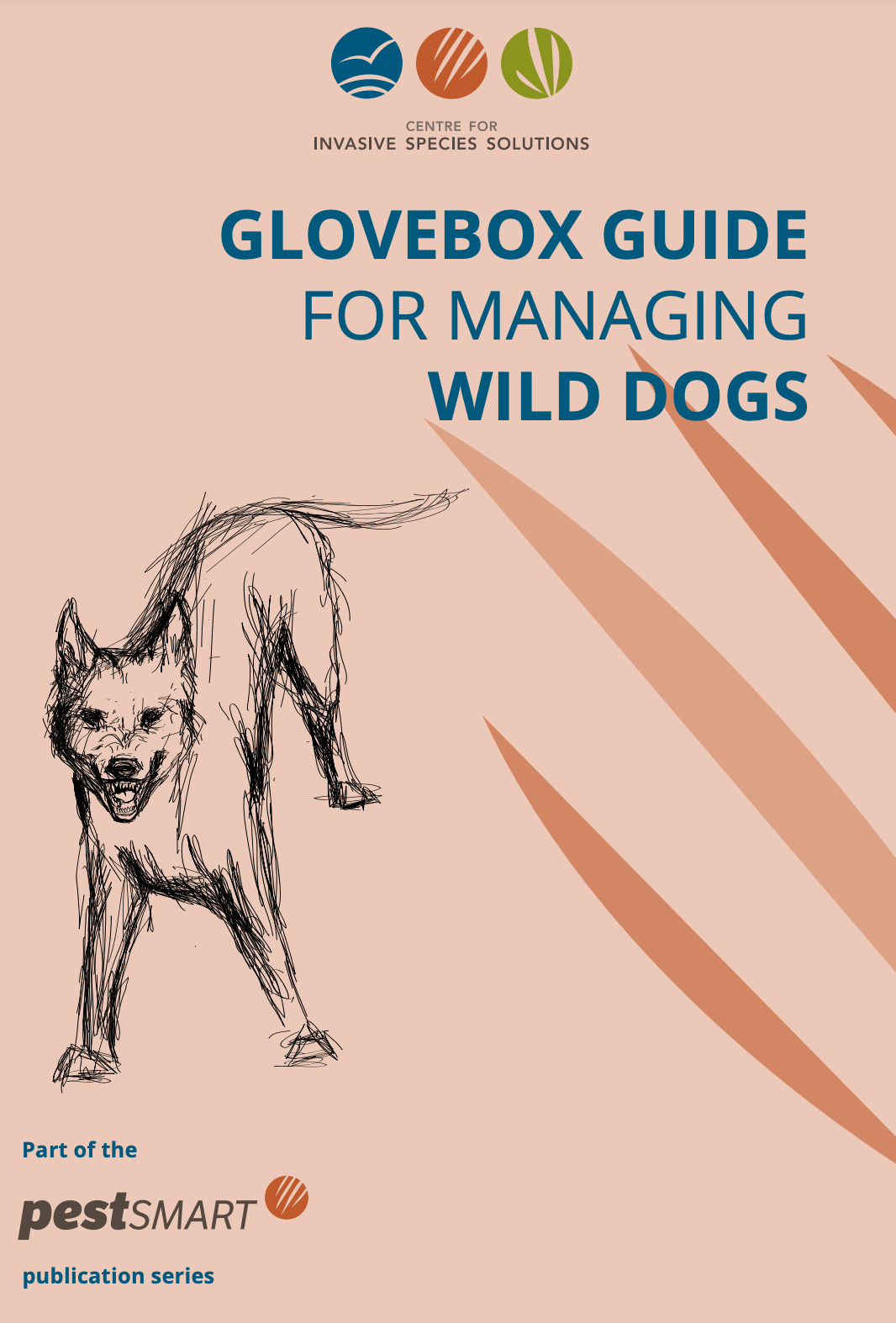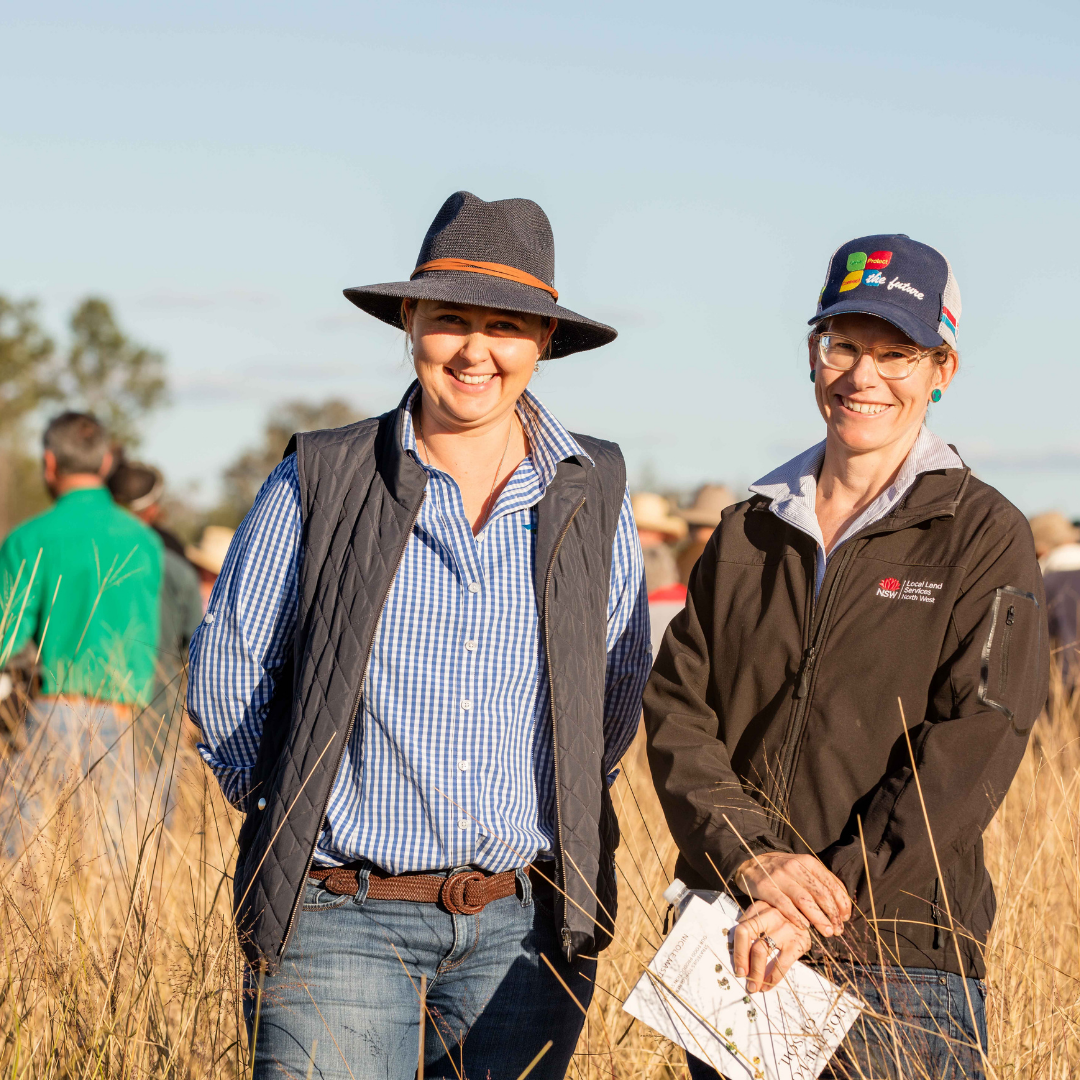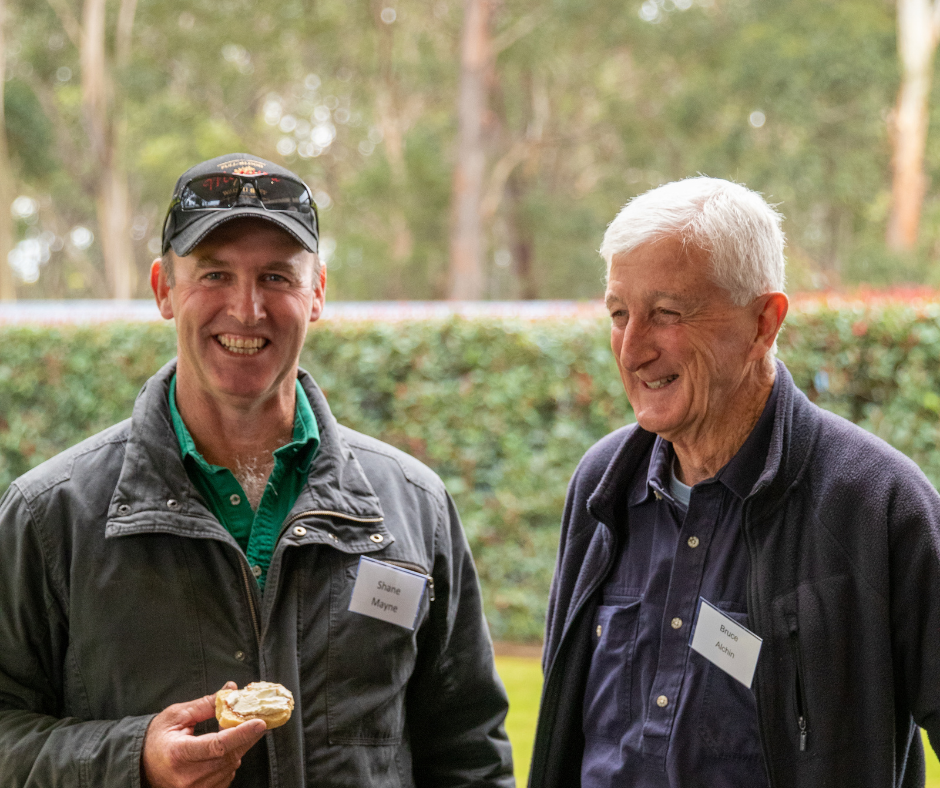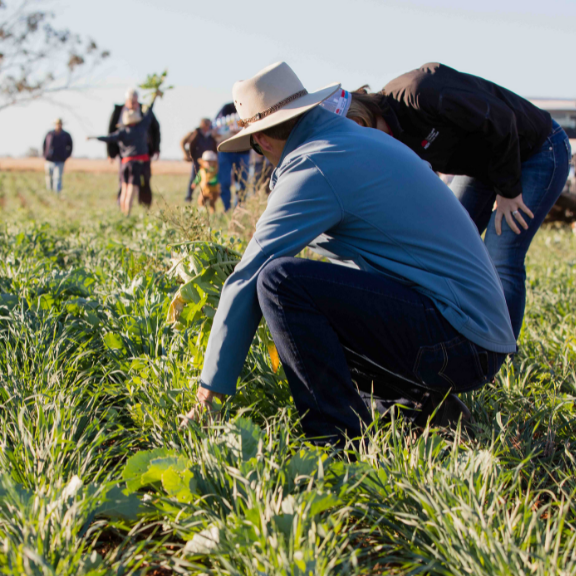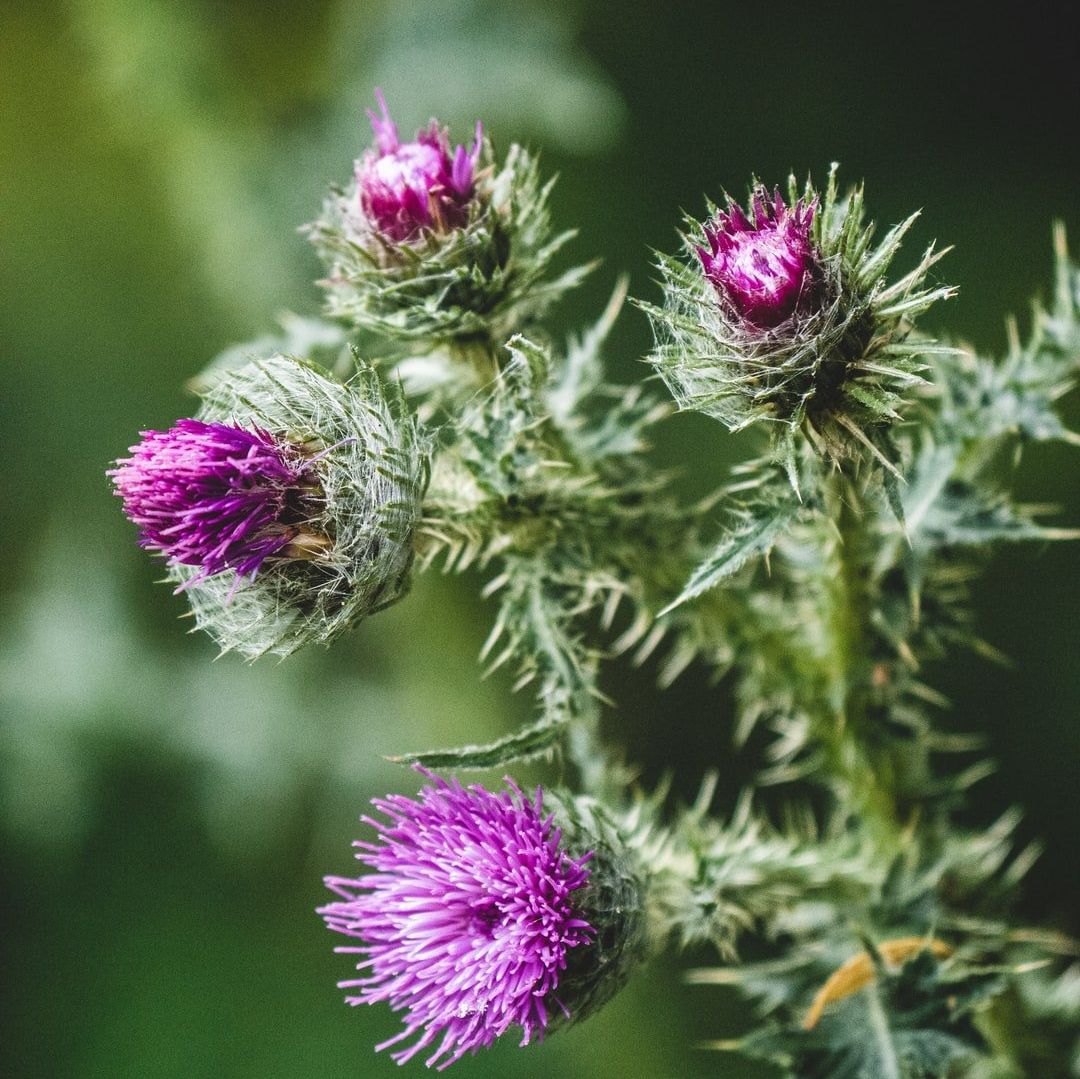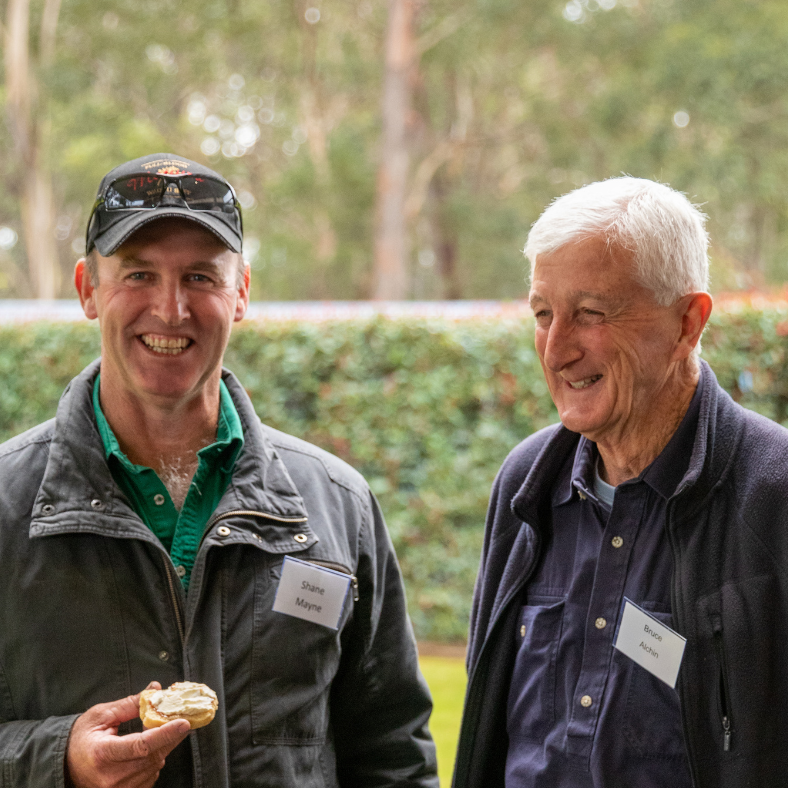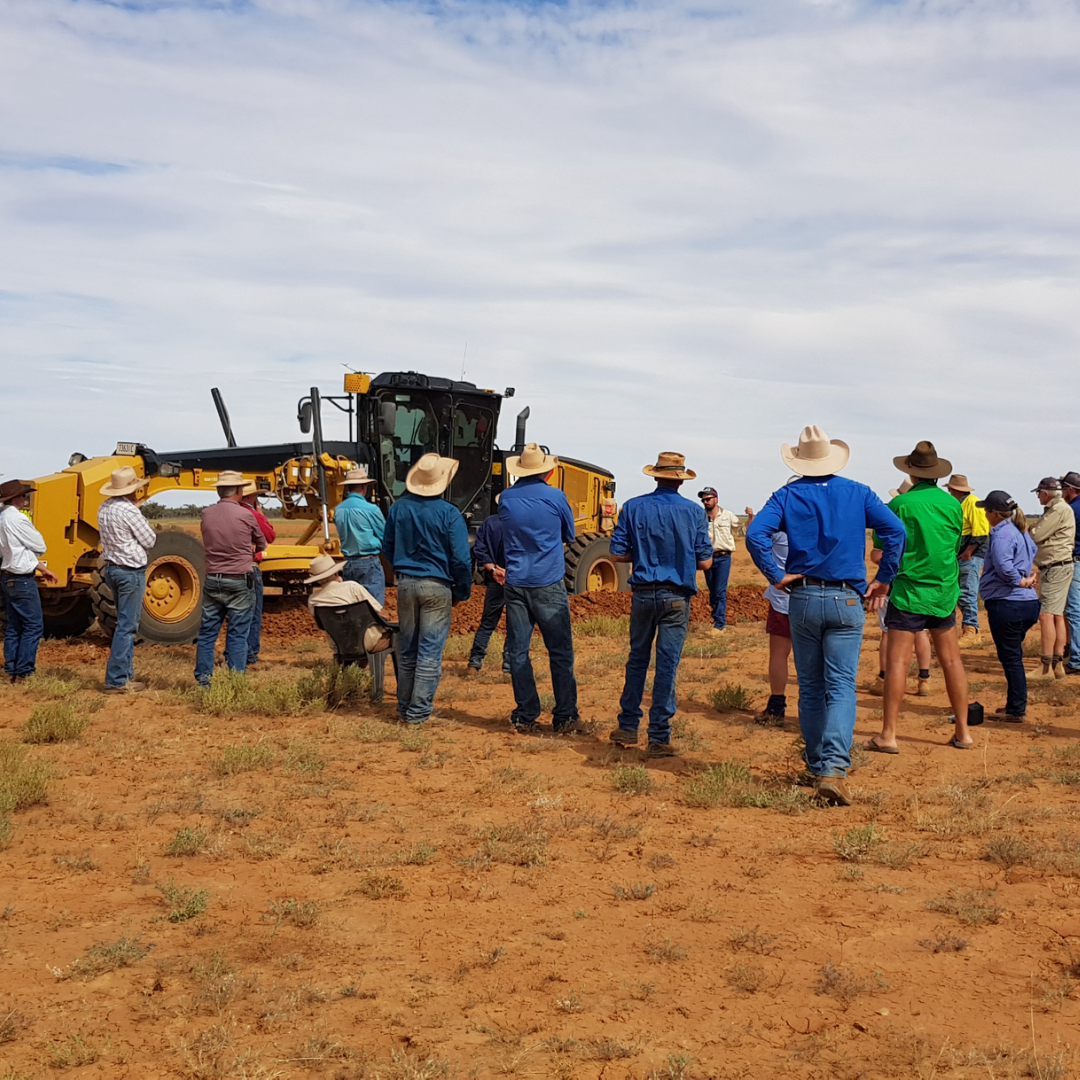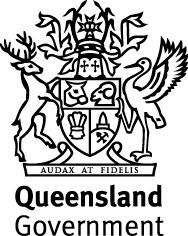Feral Pests | Impact and Effort
Increasing Efforts to Reduce Impacts
Why did SQ Landscapes embark on this study?
SQ Landscapes recognises the challenges of competing priorities for land managers, councils and the state government. Funding from the Queensland Government through the Queensland Feral Pest Initiative has enabled us to explore participation in pest animal management in southern Queensland.. This project is focused on ensuring that limited resources available for managing pest animals (particularly wild dogs) are applied to the most effective approaches.
Effectiveness will be measured by more people understanding and meeting their general biosecurity obligation. This is expected to lead to a reduction in both the impacts of pest animals and the effort required to manage those impacts. Overall, the project aims to increase the implementation of participating councils’ community consulted Biosecurity Plans.
Over the next two years the project will be sharing wild dog management information and asking key stakeholders about changes in impact and effort over time. Keep an eye out for invitations to access information and share your local knowledge about wild dogs at your place.
List of Services
-
Wild Dog TrappingList Item 1
More humane wild dog trapping using the PAPP toxin
-
Padded Jaw trapsList Item 2
Trapping-of wild dogs using padded jaw traps
-
Baiting of wild dogsList Item 3
Baiting of wild dogs with papp
-
Wild Dog Traps - Qld BusinessList Item 4
Wild Dog Traps
-
Wild Dog and Poison Baits
Poison Baits
-
DPI NSW - Code of Practice
Canid Pest Ejector guidelines
Meet the Coordinator
Project Delivery Officer Jayne Thorpe
Jayne is the Project Lead for this Queensland Feral Pest Initiative project. Jayne has an affinity for the Southern QLD region, having been born in Chinchilla and growing up on properties south of Charleville.
With most of her immediate family living in the Southern QLD region and many involved in agricultural enterprises, her interest in feral pests is personal, not just academic.
Jayne will be working with key project stakeholders across the region to identify the best ways to reduce wild dog impacts and the effort required to manage them.

